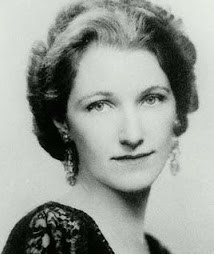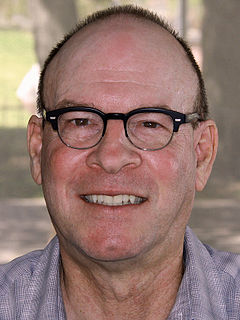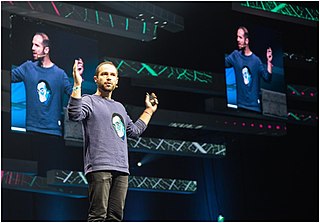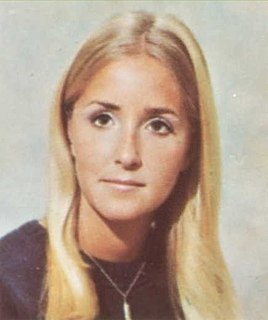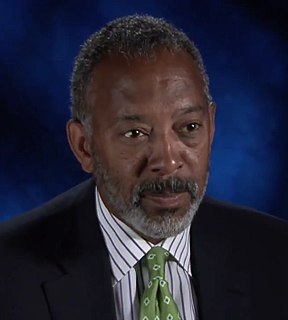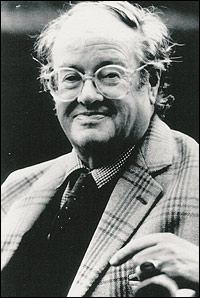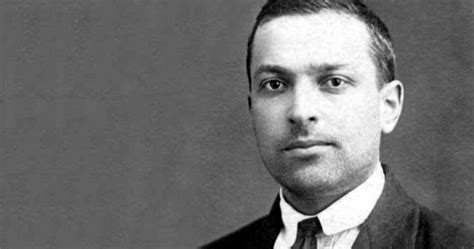A Quote by Yves Doz
There is a difficult transition in management from being the knowledgeable expert and the problem solver to becoming a process architect. The importance of good process in organizations is undervalued and people seldom get credited for putting good processes in place. It makes sense therefore that C-level executives don't want to delegate expertise and problem solving tasks which help them to "shine" and attract widespread recognition.
Quote Topics
Architect
Attract
Becoming
Being
Delegate
Difficult
Executives
Expert
Expertise
Get
Good
Help
Importance
Knowledgeable
Level
Makes
Management
Organizations
People
Place
Problem
Problem Solving
Process
Processes
Putting
Recognition
Seldom
Sense
Shine
Solver
Solving
Tasks
Them
Therefore
Transition
Undervalued
Want
Which
Widespread
Related Quotes
I am at my happiest when I'm problem solving and a large part of writing is for me a lovely labor in problem solving. Every act of discovery in writing involves a process of figuring out why I'm not seeing what I need to see. Niggling feelings, discomforts, a sense that you've forgotten or overlooked something, a sudden curiosity about what if here? - these are priceless. They are the bases of problems and lead the way.
All the things you need in the death transition, you need now in the life transition, because life is a transition, it is a between state. Therefore, every night when you fall asleep, it's like you die. And every time you do, you should be using the process of falling asleep as giving up your attention to sense objects, your discursive ruminating thoughts and so on. You should use that as a process of giving up and giving yourself completely to the universe and becoming completely obliterated.
Executives run organizations. In business, we need executives who have clarity, people who are in touch with themselves. Then, in leadership and management positions, they can be good role models and leaders. The people I know who have really moved their organizations are scrupulous role models. They are so clear about honesty, integrity, openness, mutual self-respect, dignity for the individual, and creativity, that they don't deviate from these principles at all in their behavior.



